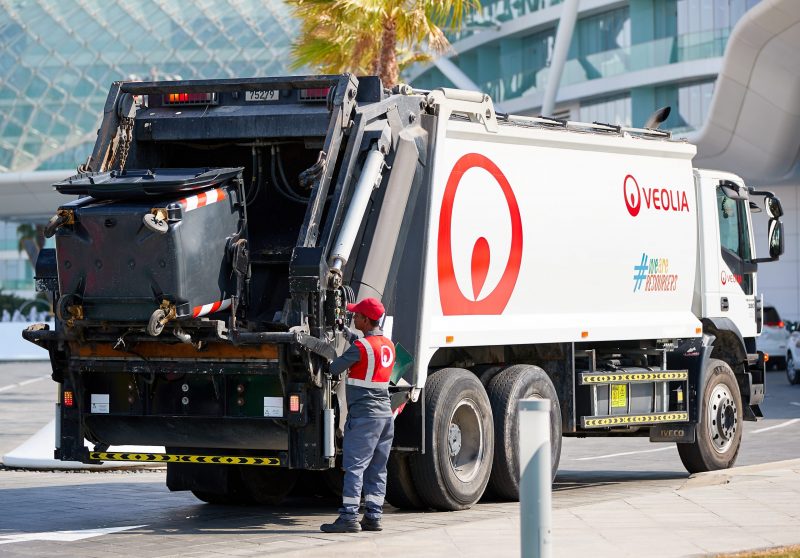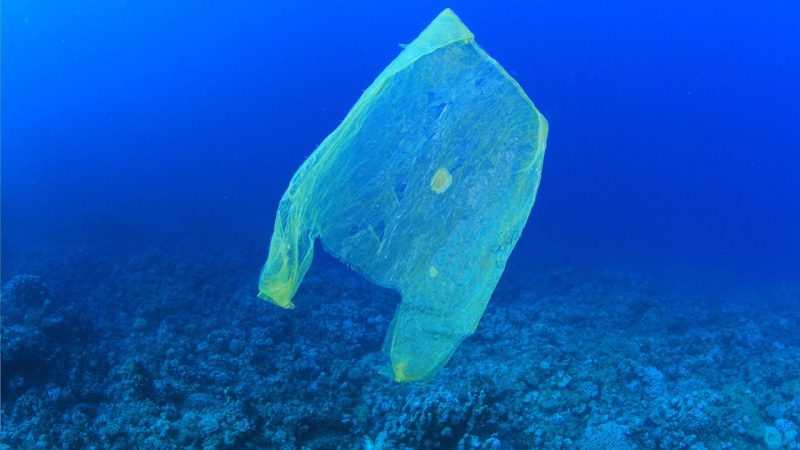Dream Job? Mohammed bin Rashid Space Centre is Accepting Applications for the UAE Astronaut Programme
Aerospace/Aviation

March 3, 2020, 12:58 pm
Over 3,000 Emiratis have already applied to be the UAE’s next astronaut
- 33% of applicants are women
- Applications open until 31st March 2020
- MBRSC announced that two Emirati astronauts will be selected from the second batch of applications
Dubai, UAE – 3rd March 2020: The Mohammed bin Rashid Space Centre (MBRSC) has announced interim insights into the registrations for the second batch of the UAE Astronaut Programme, which has already received over 3,000 applications from Emirati men and women eager to carry the UAE’s flag to future space missions. The insights were revealed during a press conference chaired by H.E. Yousuf Hamad AlShaibani, Director-General, MBRSC, Salem AlMarri, Head of the UAE Astronaut Programme at MBRSC, and astronauts Hazzaa AlMansoori and Sultan AlNeyadi. The registrations for the second batch of the UAE Astronaut Programme, which will give the UAE its next two astronauts, will close on 31st March 2020; the deadline can be extended if needed.
During the press conference, the MBRSC team shed light on some interesting insights about the registrations that they have received so far. Out of the three thousand applications received by MBRSC, 33% are from women. 17 per cent of the applicants are pilots, and 31 per cent are engineers, out of which 28 per cent are female engineers. The programme has received the highest number of registrations from applicants working in Etihad Airways, the UAE Armed Forces, and Dubai Police. While the average age of applicants is 28, the youngest applicant is just 17 years old and the oldest, 60. A majority of the registrations have come from Abu Dhabi, Dubai and Sharjah.
Speaking at the Press Conference, H.E. Yousuf Hamad AlShaibani, Director-General, MBRSC, announced that two astronauts will be selected from the applications received for the second batch. He emphasised the significance of this for the country, highlighting that the UAE will have four astronauts qualified to participate in global space missions, which, in turn, contributes greatly to the nation’s growing space sector.
AlShaibani said, “Today, we are proud to announce that we will be selecting two astronauts from the second batch of applications for the UAE Astronaut Programme, which will bring the total number of qualified Emirati astronauts up to four. The UAE’s space program is young. However, we have managed to grow quickly by thinking big and acting fast. Driven by the vision of this country’s founding father, Sheikh Zayed, and the support of H.H. Sheikh Mohammed bin Rashid Al Maktoum, Vice President and Prime Minister of the UAE and Ruler of Dubai, and H.H. Sheikh Mohammed bin Zayed Al Nahyan, Crown Prince of Abu Dhabi and Deputy Supreme Commander of the UAE Armed Forces, the UAE Astronaut Programme has been a pivotal project for the UAE’s ambitious vision for space research and exploration. Last year, the nation’s dreams came true when Hazzaa AlMansoori became the first Emirati in space and the first Arab to reach the International Space Station. That was, however, just the beginning. We are now looking for the next batch of Emirati astronauts who will carry on this journey, contribute to space research, and inspire future generations to follow their aspirations for space exploration.”
The UAE Astronaut Programme was initiated in April 2017, to prepare Emirati astronaut corps for scientific space exploration missions, creating a culture of systematic endeavour and motivating the youth to pursue space science. The first UAE Astronaut Programme received over 4,000 applicants and gave the UAE its first two astronauts, Hazzaa AlMansoori and Sultan AlNeyadi.
Salem AlMarri, Head of the UAE Astronaut Programme at MBRSC, said, “At the core of the UAE Astronaut Programme are its key objectives of supporting the country’s vision of building a knowledge-based economy, contributing to global scientific efforts for space research and exploration, inspiring future generations to pursue their dreams, and building a formidable position of the country’s space sector. The sustainability of the UAE Astronaut Programme is vital to the realisation of our long-term goals. That’s why, just months after the return of Astronaut Hazzaa AlMansoori from the International Space Station, we started our search for the next batch of Emirati Astronauts. I am thrilled to announce that so far, the response to the second batch of UAE astronauts Programme has been phenomenal. We have received registrations from Emiratis from different walks of life. This response symbolises the distance that Emirati men and women are willing to go for their country. While being an astronaut is undoubtedly one of the most thrilling jobs in the world, it takes immense courage and determination. With just one month left to go until registrations close, I call out to all Emiratis, who have ever dreamt of space exploration, to apply for the second batch of the UAE Astronaut Programme.”
In September 2019, Astronaut Hazzaa AlMansoori completed an 8-day scientific mission aboard the International Space Station. During his mission, a total of 16 experiments were conducted – six experiments onboard the ISS and ten experiments before and after his spaceflight. Speaking about his experience, astronaut Hazzaa AlMansoori said, “Representing the UAE in space has been one of the most fulfilling and proud moments for me. Through their scientific work aboard the International Space Station, astronauts play a key role in finding answers to some of the pressing questions about humanity’s present and the future. Mission One’s success has played a key role in inspiring the youth of the country, and I am looking forward to working closely with the next batch of Emirati astronauts.”
Sultan AlNeyadi, who trained along with AlMansoori as a backup astronaut, said, “Hazzaa and I have been traveling to schools across the UAE and sharing our experiences with the youth. It is exciting to see how Mission One has inspired them to pursue space science. Besides their scientific significance, crewed space exploration missions play a pivotal role in motivating the country’s youth to follow their dreams.”
The success of the UAE’s Mission One was recognised across the globe. Through digital and social media coverage, MBRSC successfully reached over 82 million people in the last six months alone, with traditional media generating over 47 million impressions. The Mission also had a significant social impact as the astronauts visited over 150,000 students in multiple schools and academic institutions across the UAE to share their knowledge and experience and inspire future generations to take an interest in STEM-related fields and space science.
To qualify for the UAE Astronaut Programme, applicants should be UAE nationals above 18 years of age with a bachelor’s degree. All professions will be considered, from engineers to pilots, military personnel to teachers, those involved in STEM and other professions.
After reviewing all applicants, a committee consisting of 10 specialists, including astronauts Hazzaa AlMansoori and Sultan AlNeyadi, will shortlist the applicants based on initial interviews and evaluations. The shortlisted candidates will undergo a selection process, after which, two will be selected as the next Emirati astronauts.
Those seeking to apply for the second batch of the UAE Astronaut Programme can visit:
https://www.mbrsc.ae/astronaut-programme#AstroAbout
The UAE Astronaut Programme is one of the projects managed by the UAE’s National Space Programme and funded by the ICT Fund of the Telecommunications Regulatory Authority (TRA).










